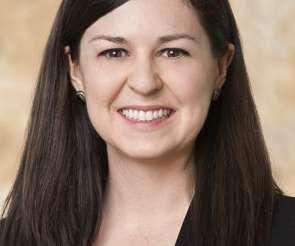How Late Can You Be on a Car Payment, Mortgage or Other Bill?
Credit Corp
JUNE 14, 2023
How Late Can You Be on a Mortgage Loan Payment? How Late Can You Be on Student Loans? Car Repossession It’s important to realize that an auto loan is a type of secured loan. The vehicle you purchase serves as collateral for the loan. This process is referred to as repossession.












Let's personalize your content